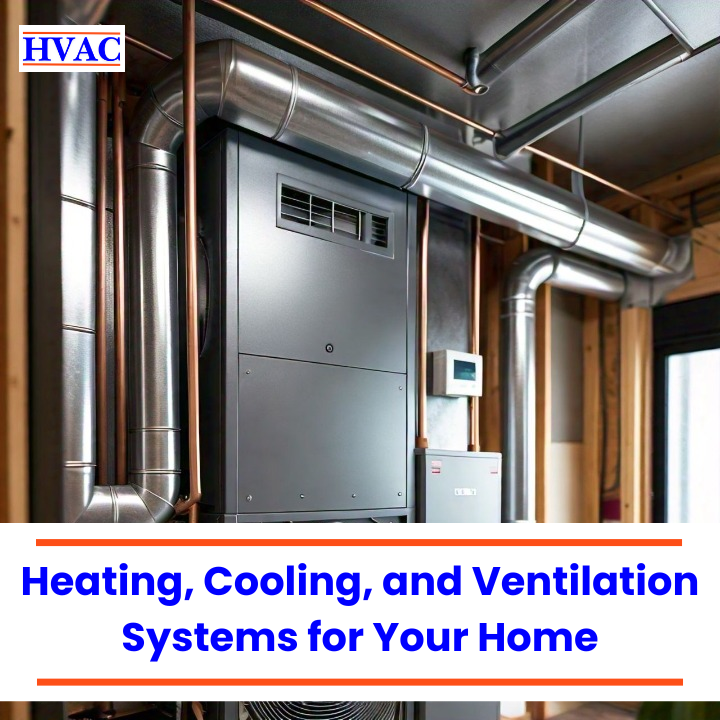As energy costs rise and environmental concerns grow, improving the energy efficiency of your HVAC system is more important than ever. This guide explores practical, actionable tips for homeowners and professionals looking to optimize HVAC performance and save money while reducing their carbon footprint.
Why Energy Efficiency Matters
- Cost Savings: Efficient HVAC systems reduce monthly utility bills.
- Environmental Impact: Lower energy consumption reduces greenhouse gas emissions.
- Comfort: An optimized system ensures consistent indoor temperatures.
- Longevity: Energy-efficient systems experience less wear and tear, extending their lifespan.
Energy-Saving Tips
1. Regular Maintenance
- Change Filters: Replace filters every 1-3 months to maintain airflow.
- Inspect and Clean Ducts: Dusty or blocked ducts hinder efficiency.
- Schedule Professional Tune-Ups: Ensure your system is in top condition.
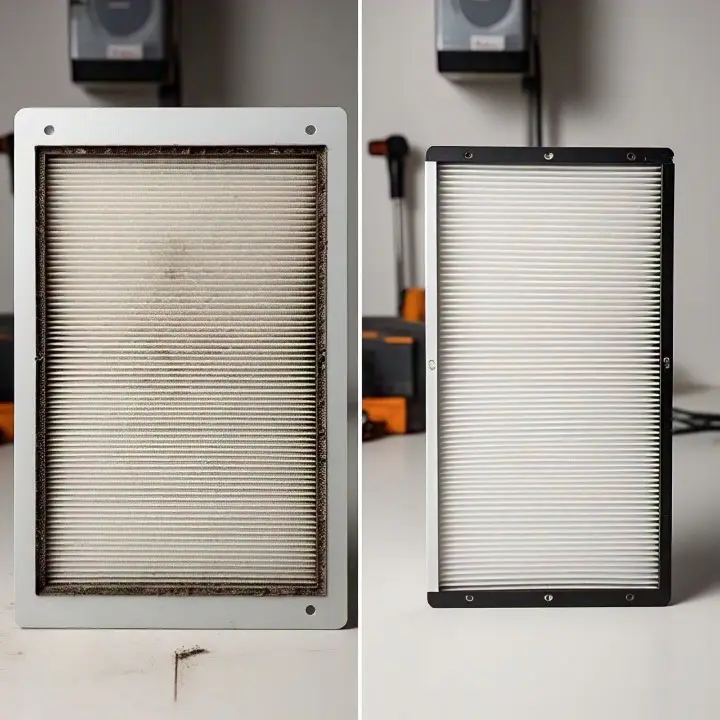
Image : A clean HVAC filter alongside a dirty one for comparison.
2. Smart Thermostats
- Benefits: Automatically adjust temperatures based on your schedule.
- Set It Smart: Use programmable settings for peak efficiency.
- Zoning: Create zones for individual room control.
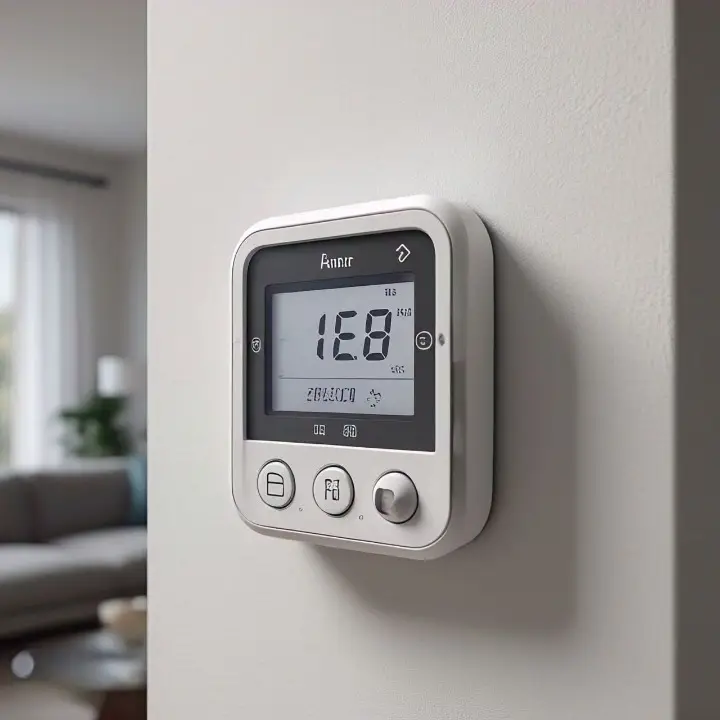
Image : A modern smart thermostat showing temperature settings.
3. Seal and Insulate
- Weatherstripping: Prevent drafts around doors and windows.
- Duct Insulation: Seal leaks and insulate ducts in unconditioned spaces.
- Attic Insulation: Reduce heat transfer with proper insulation.
Image Suggestion: A technician sealing a duct joint.
4. Efficient Usage Habits
- Close curtains during summer to block heat.
- Use ceiling fans to reduce strain on your HVAC.
- Turn off systems when not in use for extended periods.

Image : A homeowner adjusting ceiling fan settings.
HVAC System Upgrades
1. High-Efficiency Units
- Look for units with high SEER (Seasonal Energy Efficiency Ratio) and EER (Energy Efficiency Ratio) ratings.
- Choose Energy Star-certified models.
2. Variable-Speed Motors
- Offer better temperature control and energy savings compared to single-speed motors.
3. Heat Pumps
- An energy-efficient alternative to traditional heating systems.
HVAC units with different SEER ratings have varying levels of efficiency and energy savings:
- 22+ SEER: Ultra-high efficiency, best for maximizing energy savings but more expensive upfront
- 13–15 SEER: Standard efficiency, common in older units
- 16–18 SEER: Mid-range efficiency, suitable for most climates
- 19–21 SEER: High efficiency, good for warmer climates with frequent AC use
Understanding SEER and EER Ratings
- SEER (Seasonal Energy Efficiency Ratio): Measures cooling efficiency over a season. Higher ratings mean better efficiency.
- EER (Energy Efficiency Ratio): Measures efficiency at peak conditions. Ideal for hot climates.
How to Calculate Savings
- Example: A 10 SEER unit vs. a 16 SEER unit can save up to 30% on cooling costs.
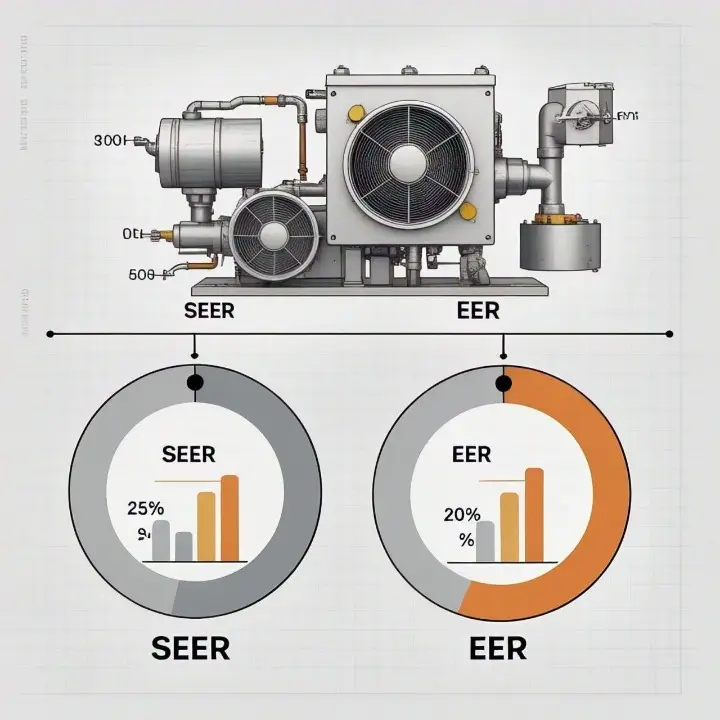
Image : A labeled diagram explaining SEER and EER ratings.
Green HVAC Solutions
1. Solar-Powered Systems
- Use renewable energy to power your HVAC system.
2. Geothermal Heat Pumps
- Harness underground temperature for efficient heating and cooling.
3. Eco-Friendly Refrigerants
- Transition to refrigerants with low global warming potential (GWP).
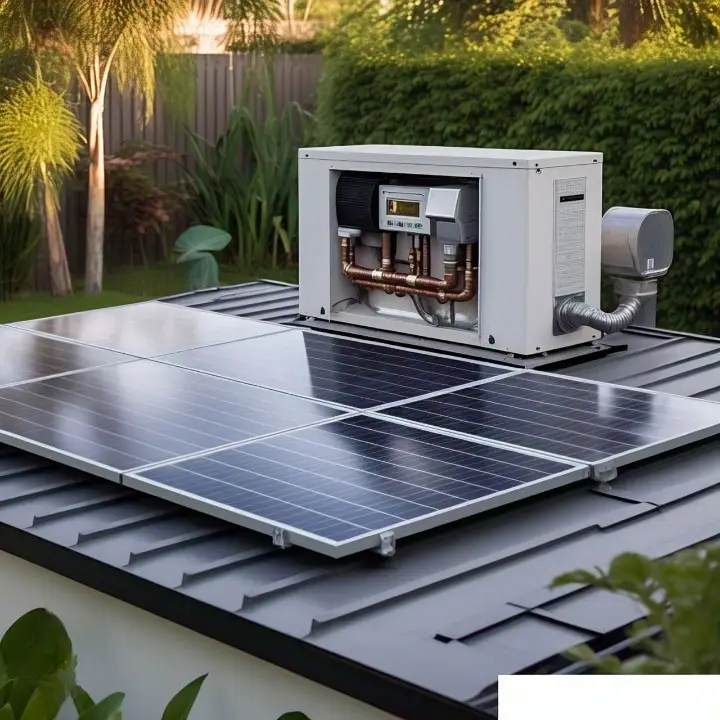
Image : A solar panel integrated with an HVAC unit.
FAQs
Q1: How often should I replace my HVAC filters?
A: Replace filters every 1-3 months, depending on usage and air quality.
Q2: What is the ideal SEER rating for my region?
A: In hotter climates, aim for a SEER of 16 or higher for maximum efficiency.
Q3: Are smart thermostats worth the investment?
A: Yes, they can save up to 10-15% on energy bills annually.
Extraordinary Features to Enhance User Experience
- Interactive Calculator: Embed a tool to calculate potential energy savings with HVAC upgrades.
- Video Tutorials: Include short clips demonstrating maintenance tasks like filter changes.
- Infographics: Summarize SEER ratings, energy-saving tips, and upgrade benefits visually.
- Real-Time Polls: Allow users to share their energy-saving challenges and solutions.
Conclusion
Optimizing your HVAC system for energy efficiency not only reduces costs but also contributes to a sustainable future. By implementing the tips and exploring the upgrades discussed, you can achieve a more efficient and eco-friendly home.
Start your energy-saving journey today!





